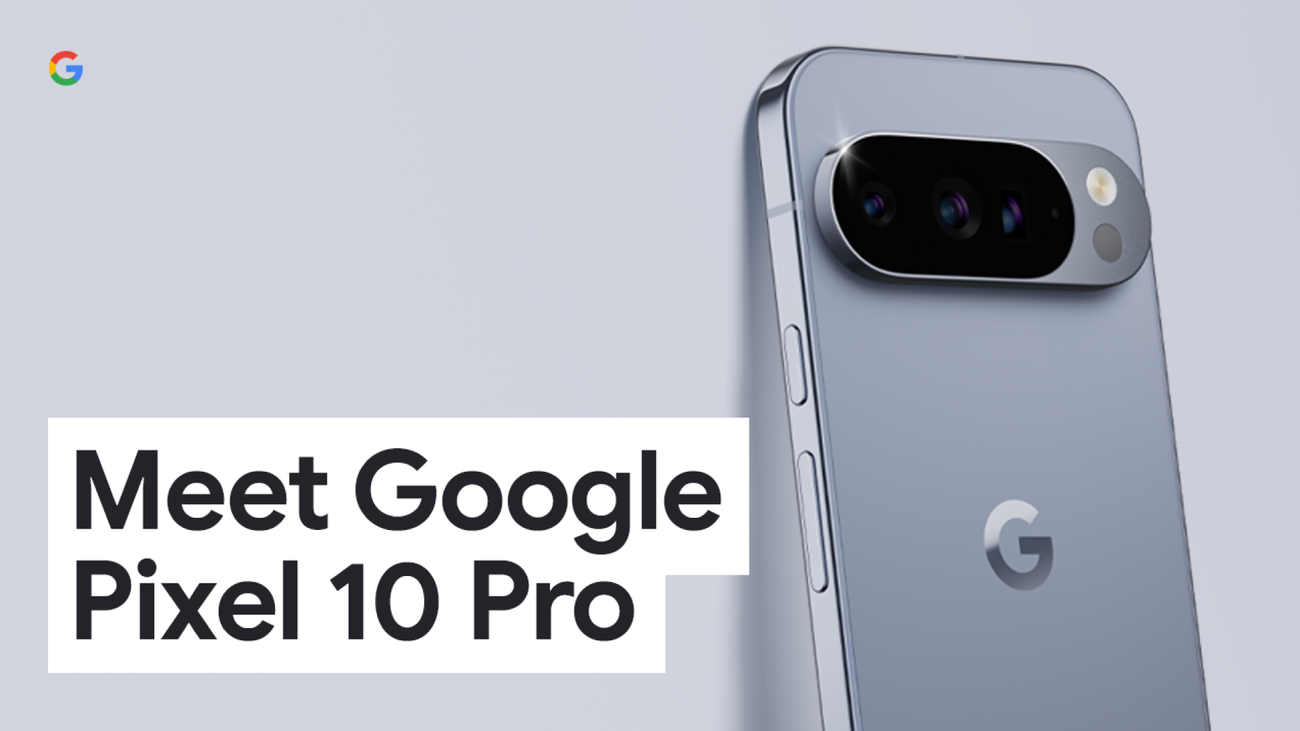The Pixel is More Than a Phone: It's the Final Piece in Google's AI Puzzle

In early 2023, a common belief in the tech industry was that Google was falling behind in the artificial intelligence race. With the public success of ChatGPT, many media outlets, including a Wall Street Journal podcast, highlighted that Google, a long-time pioneer in AI, appeared to have been "beat to the punch."
This perception was based on Google's cautious approach to releasing its own AI chatbots, a process that was slowed by internal safety and ethics reviews. The company's initial response, an AI named Bard, had a difficult launch that included a factual error in a promotional video, leading to a significant drop in the company's stock value. The narrative suggested that Google had faltered.
However, Google’s CEO, Sundar Pichai, communicated a different perspective to his employees. He reminded them that many of Google's most successful products, including Search and Android, were not the first in their categories. He suggested that being a careful "second mover" could ultimately be a winning strategy.
Fast forward to early 2025. With the launch of the new Google Pixel, the long game's final move is placed on the board. This isn't merely a new phone; it is the crown jewel of a strategy to forge an unbreakable chain of AI power, controlling everything from the custom chip to the cloud.
If you are interested in a feature breaking, here is the official announcement from Google.

More Than Just a Phone: The Power of Controlling the Entire Process
So, what actually makes the Pixel different?
It’s not just yet another phone with AI features; it’s the fact that Google doesn't just assemble parts made by other companies. They design and build almost everything that matters themselves—the custom chip that acts as the phone's brain, the Android software that it runs on, and the massive data centers that give it its intelligence.
This is their secret weapon: total control over the entire process from start to finish. There's a business term for this all-in-one strategy: vertical integration. In simple terms, it means Google manages the entire AI supply chain itself...
This complete control allows every part of the system to be perfectly optimized to work together, creating advantages in performance and efficiency that are very difficult for competitors to match.
Here are the key layers of Google’s integrated AI system:
- Custom AI Hardware: It starts with custom-designed computer chips, called Tensor Processing Units (TPUs). Google began developing these in 2015 specifically for AI tasks. This allows Google to create hardware that is perfectly suited for its software, reducing costs by an estimated 20% compared to using chips from external suppliers like NVIDIA.
- Global Data Center Infrastructure: These custom chips power Google's massive, privately-owned data centers around the world. These buildings are filled with powerful computers and are specially designed to handle the immense task of training and running advanced AI models.
- Proprietary Software Frameworks: On top of this hardware, Google has built its own foundational software tools, like TensorFlow and JAX. These are the platforms that Google’s engineers use to design, build, and deploy machine learning models efficiently.
- In-House Foundational Models: Using these tools and its powerful infrastructure, Google develops its own advanced AI models, most notably the Gemini family. Because Google controls the entire process, it can achieve breakthroughs like Gemini 1.5's ability to process up to 1 million tokens of information at once—a new industry record.
- AI-Enabled Consumer Products: Finally, this powerful, custom-built AI is integrated directly into the Google products that billions of people use every day, such as Google Search, Gmail, Maps, and Android. The Google Pixel phone is a prime example, using its custom Tensor chip to run advanced on-device AI for features like photo editing and real-time translation.
This integrated system gives Google a unique dual advantage. In contrast to competitors primarily focused on the power of massive, cloud-based models like GPT, Google is positioned to master both ends of the AI spectrum. They possess the immense computational power in their data centers to build and run large-scale models like Gemini.
At the same time, through their control of hardware and software in products like the Pixel phone, they are a leader in the growing trend of more private, on-device AI. This ability to seamlessly combine the power of both worlds—the vast knowledge of the cloud with the speed and privacy of on-device processing—represents a strategic capability that is difficult for others to replicate.
A Clear Advantage in a Competitive Field
When you compare Google's end-to-end approach to its main competitors, the difference is significant. Many rivals rely on a network of partners, which can create gaps in efficiency and control.
| Aspect | Microsoft | Amazon (AWS) | Meta | Apple | |
|---|---|---|---|---|---|
| AI Hardware | Custom TPUs & global AI data centers. | Relies on NVIDIA GPUs in Azure; building AI supercomputer. | In-house Trainium/Inferentia chips via acquisition. | Own data centers but also a major Google Cloud customer. | Focus on on-device neural engines; no comparable AI data center footprint. |
| Frameworks | TensorFlow & JAX, tightly integrated with hardware. | Supports multiple frameworks like PyTorch and ONNX. | Supports multiple frameworks on SageMaker. | Created and open-sourced PyTorch. | Core ML and Create ML for on-device models. |
| LLMs | In-house Gemini & PaLM models. | No proprietary LLM; licenses OpenAI's GPT models. | "Titan" family of smaller models; partnership with Anthropic. | LLaMA family, primarily for internal use and research. | No public large-scale model; partners with others like OpenAI. |
| Cloud AI | Google Cloud with Vertex AI and TPU access. | Azure AI with exclusive OpenAI partnership. | AWS AI with SageMaker and Bedrock. | No public AI cloud platform. | iCloud runs on third-party clouds, including Google Cloud. |
| Products | Search, Android, Pixel, YouTube, Workspace, etc. | Windows, Office 365, Bing, GitHub Copilot. | Alexa, Amazon Echo, AWS enterprise services. | Facebook, Instagram, WhatsApp, Quest VR. | iPhone, Siri, and on-device features. |
Notably, some of Google's direct competitors are also its customers. Apple uses Google Cloud to help run its iCloud services, and Meta recently signed a multi-billion dollar deal to use Google's cloud infrastructure for its own AI development. This highlights the strength of Google’s foundational infrastructure.
This deep integration yields clear benefits:
- Cost and Performance: By designing its own chips and infrastructure, Google avoids paying markups to third parties and can fine-tune its systems for maximum performance and efficiency.
- Full Optimization: Having hardware and software teams work together allows Google to create features that would be difficult to build using off-the-shelf components.
- Data and Distribution: Google's popular products provide vast amounts of data that help train and improve its AI models, creating a cycle of continuous improvement.
- Rapid Iteration: Full control allows Google to develop and roll out new AI features across its products quickly and without needing to coordinate with external partners.
The new Pixel phone is more than just a phone. It's the proof you can hold in your hand. It’s the final piece of a massive project that connects their own custom chips and their own smart software to their huge, worldwide data centers.
They didn't just want to compete in the AI race; they wanted to own the entire racetrack. The idea that Google was a slow giant is gone. In its place is a simple truth: that giant is now wide awake, and it holds a powerful advantage that will be very, very hard for anyone else to beat.

